UN Report: In The Age Of Humans, ‘The Dominant Risk To Our Survival Is Ourselves’
Enlarge this image
People watch the Blue Cut wildfire in Lytle Creek, Calif., in 2016.
Ringo Chiu/AFP via Getty Images
hide caption
toggle caption
Ringo Chiu/AFP via Getty Images
Environment And Energy Collaborative
Trump Rushes To Lock In Oil Drilling In Arctic Wildlife Refuge Before Biden’s Term
This year, the UNDP introduced a new adjusted index that takes into account each country’s carbon dioxide emissions and its material footprint (a consumption-based measure of the amount of raw materials extracted to meet domestic final demand for goods and services, regardless of where extraction occurs) per capita as well — called the Planetary pressures-adjusted HDI. The new metric is meant to show «how the global development landscape would change if both the wellbeing of people and also the planet were central to defining humanity’s progress, according to a UNDP press release.
Some wealthy countries – including the United States – fare poorly on the adjusted index, while others, including Costa Rica, Moldova and Panama move higher.
On the Planetary pressures-adjusted HDI, the U.S. ranking drops 45 places, a reflection of the country’s outsize environmental impact amid an otherwise comparatively high quality of life.
Other highly developed countries are affected in the same manner. Norway drops 15 places, Canada drops 40 spots and Australia falls 72 places. Tiny, rich Luxembourg falls a whopping 131 places when the index is adjusted for planetary pressures.
Other countries with very high human development move up when planetary pressures are taken into account: the U.K. rises 10 spots, New Zealand moves up 6.
Environment And Energy Collaborative
‘Like Poking a Beehive’: The Worrisome Link Between Deforestation And Disease
While the report focuses on urgently-needed actions rather than actors, it notes that national governments play a unique and vital role: «Only governments have the formal authority and power to marshal collective action towards shared challenges, whether that is enacting and enforcing a carbon price, removing laws that marginalize and disenfranchise or setting up the policy and institutional frame-works, backed by public investment, to spur ongoing broadly shared innovation.
Steiner, the UNDP administrator, says that to «survive and thrive in this new age, we must redesign a path to progress that respects the intertwined fate of people and planet and recognizes that the carbon and material footprint of the people who have more is choking the opportunities of the people who have less.
«We are not the last generation of the Anthropocene; we are the first to recognize it, he writes. «We are the explorers, the innovators who get to decide what this —the first generation of the Anthropocene —will be remembered for.
Read the report here and the overview here.
- COVID-19
- human development
- United Nations
- climate change
Обсудим?
Смотрите также:

